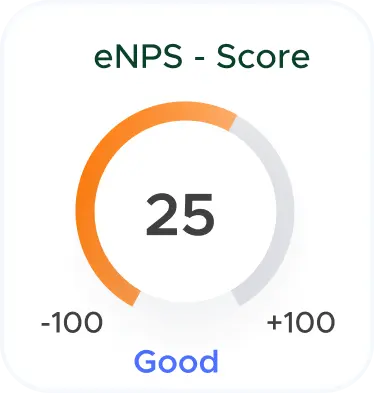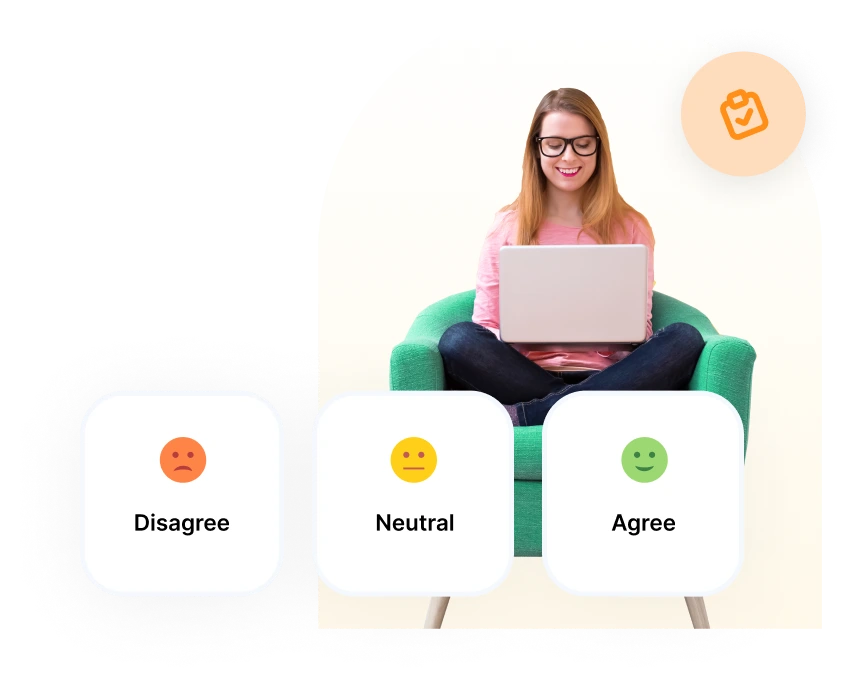Conversation Intelligence encompasses the ability to decode conversations to extract valuable insights, patterns, and sentiments. It delves into the intricacies of human interaction, leveraging technology and psychology to uncover underlying meanings, emotions, and behavioral cues embedded within conversations.
By harnessing advanced analytics, natural language processing, and machine learning algorithms, Conversation Intelligence transforms raw dialogue data into actionable insights, driving informed decision-making and fostering stronger relationships.
What is conversation intelligence?
Conversation intelligence refers to the ability to analyze and understand the quality and effectiveness of conversations between individuals or groups, typically in a business or professional context. It involves extracting insights from spoken interactions to improve communication, performance, and outcomes.
How can managers use conversation intelligence?
Managers can leverage conversation intelligence tools and techniques to gain insights into team dynamics, employee performance, customer interactions, and organizational culture. By analyzing conversations, managers can identify areas for improvement, coach employees, resolve conflicts, make informed decisions, and ultimately drive business success.
How does conversation intelligence work?
Conversation intelligence works by collecting, analyzing, and interpreting data from various communication channels, such as phone calls, meetings, emails, and chat transcripts. This data is processed using natural language processing (NLP), sentiment analysis, machine learning algorithms, and other techniques to extract valuable insights regarding communication patterns, sentiment, engagement levels, and key themes.

.svg)













.svg)



.svg)
.svg)